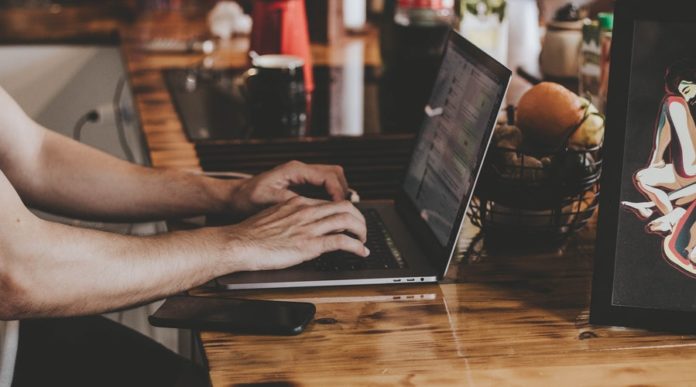Although biological and computer viruses seem quite different, they can affect each other in interesting ways. This has been highlighted by the COVID-19 crisis.
As the Coronavirus has spread across the world, social distancing has become the norm, so more people are staying at home and spending time on the computer. That gives hackers more opportunities than ever before to access our computer systems.
Don’t let the increase in these security dangers compromise your tech systems at home or at work. Safeguard your computer from viruses throughout the COVID-19 crisis and beyond with these tips.
Be More Vigilant
With security risks on the rise, it’s important to be more vigilant than ever. It’s true that we can’t always prepare for the unknown, but knowing unforeseen dangers can strike at any time will ensure you keep an eye open for potential security threats.
Be extra mindful of the emails you receive and where they’re coming from. Don’t download any programs onto your computer, unless you have verified the origin of the program, and watch the news to learn about the latest scams so you don’t become a victim.
Install the Right Security Software
Security software is a must for every computer. Unfortunately, many people are woefully unprotected.
Take the time to search for a security program that will work well for your computer and your needs. There are many programs to choose from.
For example, McAfee is a popular name that works well for multi-device households, while Kaspersky might be the best option for parents who want to keep an eye on their kids while they’re online.
Not only should you make sure you install the right security software, you have to make sure you run regular security checks using the program, and you have to install any updates that are recommended. Registering your software will ensure you don’t ever miss an update.
Make Sure a Firewall Is Enabled
A firewall is an important security feature that is included on all computers. It designates what traffic is allowed to enter your computer network. Good, reputable traffic is allowed through while hackers and malware are kept out. Other computer devices, like routers, and many antivirus software also have firewalls built in.
Knowing how to turn your firewall on and off is a good skill to learn. It ensures you have a firewall active at all times, and it enables you to turn one off if you decide you would like to enable a different one.
No matter which firewall you have enabled, make sure that one is turned on at all times.
Use as Many Password Protections as Possible
Everyone knows how important passwords are, and yet, many people don’t take them seriously. Common passwords still include numbers in numerical order and important personal information, like birthdays and anniversaries.
Choosing a secure password can keep hackers at bay. Some tips include:
- Use upper and lower case letters
- Make sure it’s at least eight characters long
- Don’t use solitary words in any language
- Never use personal information
- Never use the same password on multiple sites
- Change your password regularly
- Never save your password to your computer’s browser
You should also use other types of protections to keep your passwords even more secure. Two factor identification often includes using a phone number or an email address. A pin is then sent and must be typed in before you gain access to your account. Fingerprints and voiceprints are especially effective identification options.
Skip the Links and Visit the Website Directly
Phishing is a common way hackers can gain access to your computer. It involves sending out an email that contains a link. When it is clicked on, an attachment is downloaded, or personal information is requested.
It sounds obvious on the surface that you shouldn’t click on a link in an untrustworthy email, but hackers are sneakier than that. Emails often appear to be from reputable companies that are familiar to you, like banks and websites you shop at regularly.
There are things to look out for before you decide to click on a link, but the best rule to follow is to never click on the link, to begin with. Instead, visit the website directly, especially for emails that claim to be notifying you of billing or payment problems.
COVID-19 has changed the way we all live our lives, which means many of us are spending more time on the computer than ever before. Continue feeling confident surfing the web and watching Netflix by using these tips to keep your computer clean and safe.






















